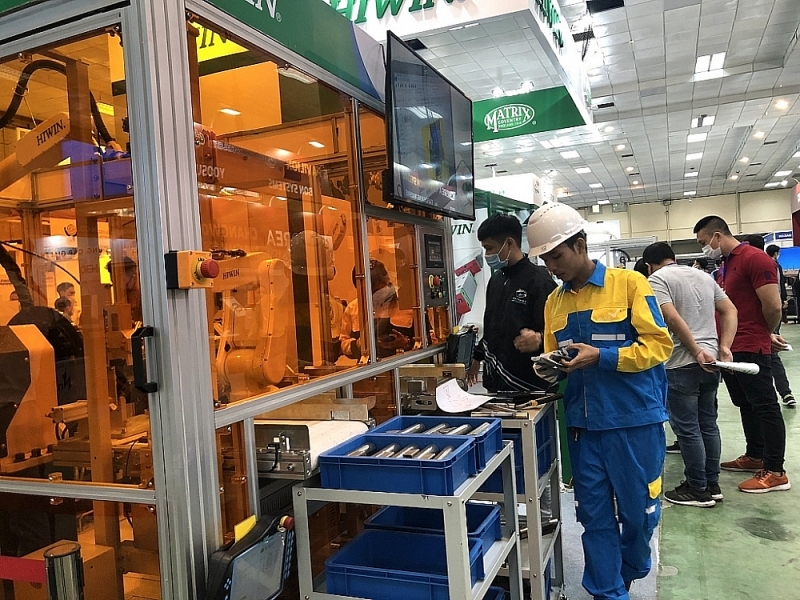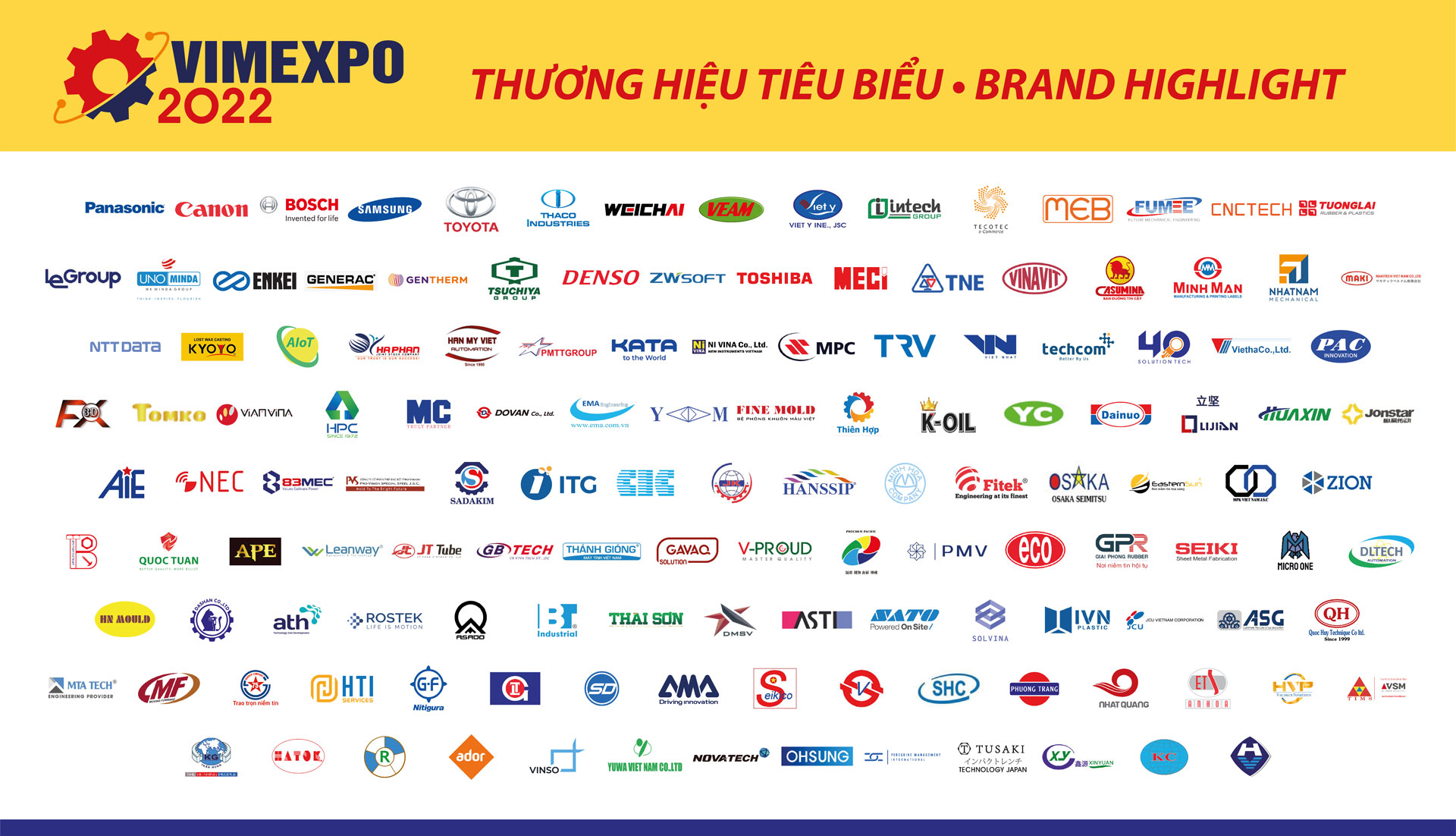The total mechanical market demand of Vietnam from now to 2030 can reach more than US$300 billion. However, Vietnam’s mechanical engineering industry only meets about one-third of the domestic demand for mechanical products.
 Mr. Dao Phan Long, Chairman of Vietnam Association of Mechanical Enterprises speaking at the press conference
Mr. Dao Phan Long, Chairman of Vietnam Association of Mechanical Enterprises speaking at the press conference
According to preliminary forecasts, the total mechanical market demand of Vietnam from now to 2030 may reach more than US$300 billion. Currently, there are about 25,000 mechanical enterprises in operation, accounting for nearly 30% of the total number of manufacturing and processing industry enterprises in Vietnam. However, Vietnam’s mechanical engineering industry only meets about one-third of the domestic demand for mechanical products.
Answering a question at the opening press conference of MTA Hanoi 2022 – The 8th International Exhibition and Conference on machine tools, precision mechanics and metalworking on October 12, in Hanoi, Mr. Dao Phan Long, Chairman of the Vietnam Association of Mechanical Enterprises said that in the past 15 years, Vietnam’s mechanical industry has been slower to develop than many other countries in the region.
The generation of machine tools used for production processing in domestic mechanical enterprises in Vietnam is still inferior to other countries in the region.
Notably, like many other industries, mechanical engineering is also an industry that is heavily dependent on the import of materials and equipment.
Currently, the mechanical industry has two business blocks. The first is the block of domestic mechanical enterprises owned by Vietnamese people. The second is FDI enterprises with 100% foreign capital or in the form of joint ventures.
“To build the country into an industrial country, it is indispensable for the development of the mechanical industry. However, promoting the development of the mechanical industry, and helping businesses in the industry to innovate equipment and technology is not something that can be solved “soon”. Investment in the mechanical field requires a large amount of capital, and slow capital turnover time. Enterprises must have enough money, technology as well as accompanying supporting policies,” said Mr. Long.
According to Mr. Long, it is time for the State to have a clear roadmap to develop the mechanical industry. The formation of industrial production centers and mechanics is very necessary.
 The exhibition brings together more than 180 exhibitors from 15 countries/regions. Photo: Nguyen Thanh
The exhibition brings together more than 180 exhibitors from 15 countries/regions. Photo: Nguyen Thanh
Vietnam’s mechanical industry also needs to change a lot in terms of product thinking. Vietnam should choose basic products that can have market space as well as competitiveness; and focus on developing certain mechanical products.
“The policy of mechanical development in particular is part of the general policy of industrial development and the economy in general. In addition, there should be specific preferential policies such as tax policy, land policy, human resource training policy for mechanics, etc. This policy system needs support from the state,” Mr. Long said.
Regarding the 8th International Exhibition and Conference on machine tools, precision mechanics and metalworking, according to Mr. Long, these activities are necessary and useful.
The industrial revolution 4.0 is now progressing very quickly. If Vietnam is not actively catching up with new and advanced technologies of other countries, Vietnam’s mechanical industry will face many difficulties, even falling into the state of “repatriating” waste technologies from other countries.
“Events like exhibitions are essential for Vietnamese businesses to actively access new technology and equipment for mechanical production.”
From a business perspective, Mr. Nguyen Ngoc Tu, Head of Sales Department, Vietnam Auto Solutions Group Joint Stock Company (VNAS), said to anticipate the trend of automation, especially in the automotive auxiliary manufacturing industry. In Vietnam, VNAS aims to be a unit specializing in providing robotic automation solutions in production with applications of welding, metal cutting, loading and unloading, replacement, and human support.
“Through the exhibition, businesses will have more opportunities to expand and develop with new orders,” said Mr. Tu.
By Thanh Nguyen/Bui Diep



